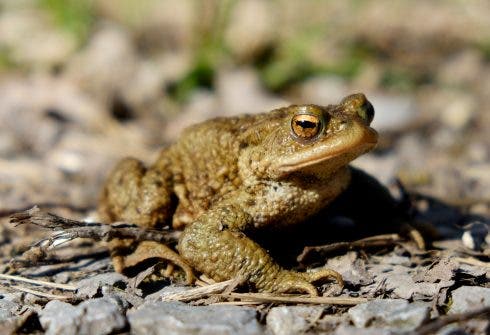That faithful pondlife inhabitant, the frog, is going extinct in Spain due to the ravages of climate warning and a pandemic of deadly amphibian-killing viruses.
New figures show that the number of green croakers on the Iberian peninsula has declined by as much as a third in the past five years alone.
The collapse has been put down to the loss of Spanish wetlands where they make their homes and polluted rivers that infect their natural habits.
Blame has also been put at the door of weed killers that also kill the fertility of the males and UV radiation exposure against adolescent frogs from a thinner ozone layer.

The frog population in Spain and Portugal has actually been in decline since the late 1980s even in areas protected from human activity, such as in reserves.
And the underlying killer of our amphibian amigos has been revealed by a study in the scientific journal of iScience, which shows that it is a multi-headed Hydra of viruses known as ranaviruses that have been threatening the frogs with extinction in this part of the world.
These epizootic viruses are contagious diseases that only infect a narrow range of closely-related species such as fish, reptiles and amphibians, but tend to devastate large numbers in a smaller area.
However, despite the fact that these ranaviruses have been present for a number of years, it has been shown that the impact of global warming has helped them spread further and faster, as they thrive in higher temperatures.
Unfortunately, it appears that these ranaviruses have been introduced by human behaviour through pathogens (fungi and viruses) which we have been spreading around the world for decades.
READ MORE:

